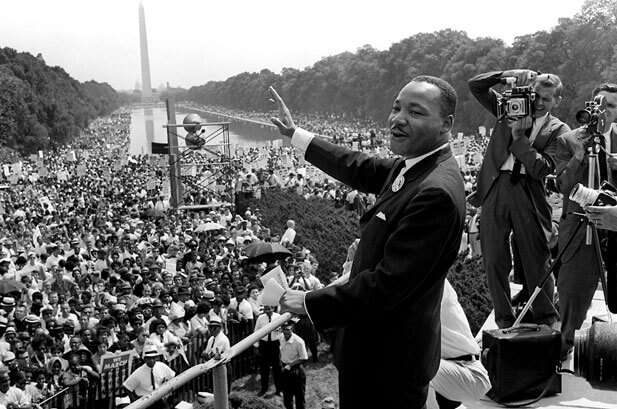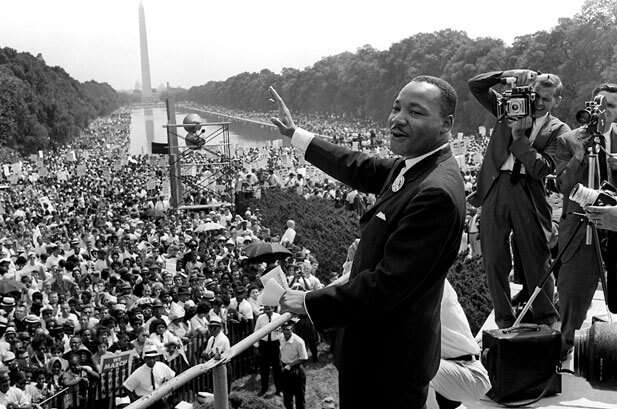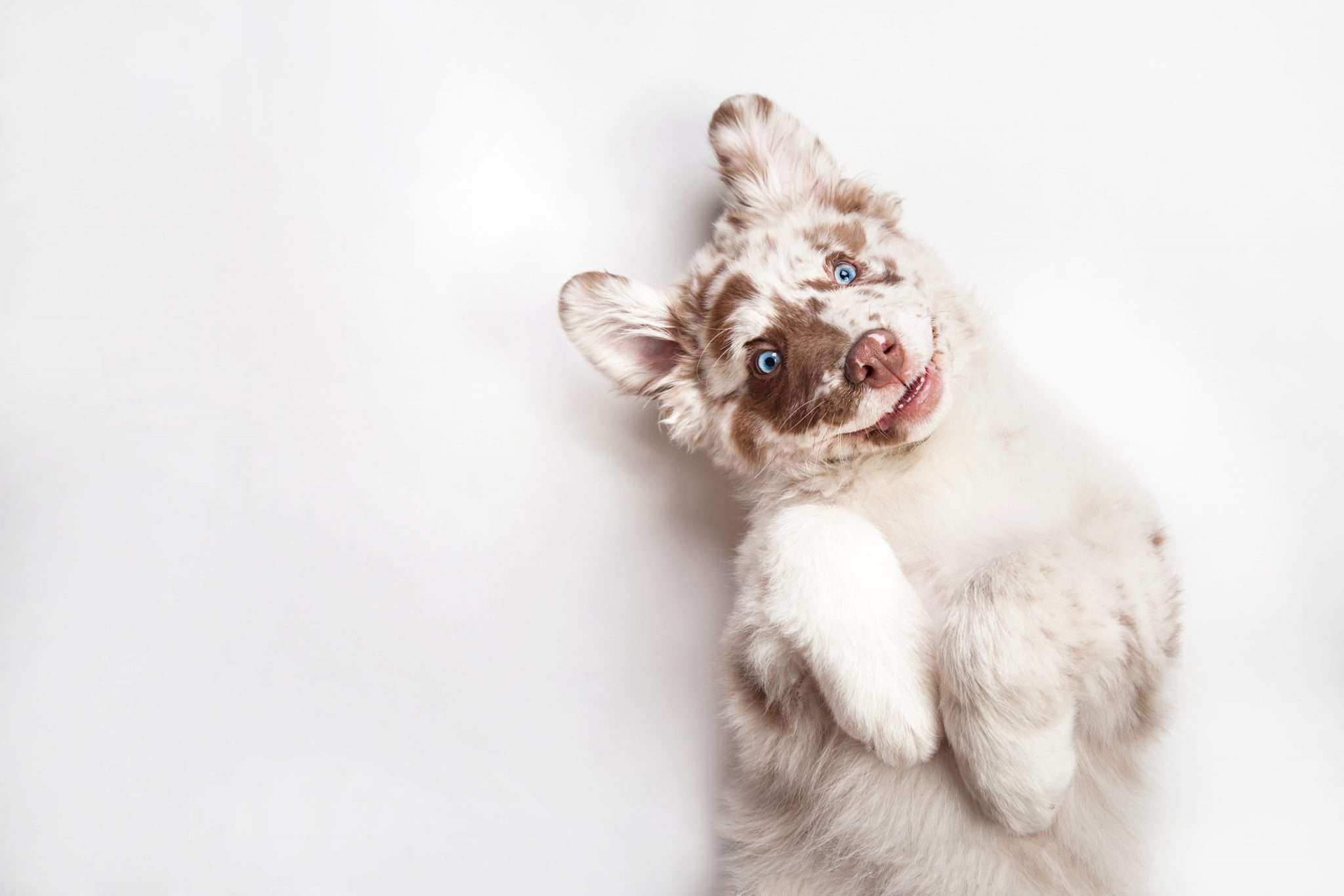The ongoing fight for equality and social justice in the 1960s was an important time in history.
Both in the US and worldwide, it has been so widely documented we devote an entire day to commemorating one of the true pioneers of this movement.
Who might that be? Of course, that pioneer is no other than Martin Luther King Jr.
Martin Luther King, Jr. was a pastor from Georgia. During his lifetime, he observed major social injustices faced by African Americans. In addition, he took it upon himself to take action.
Ultimately, his efforts proved powerful. They led to one of the greatest civil rights achievements of the 21st century.
He and other civil rights activists pushed for racial equality. Their bravery led to progress as a society.
Of course, the term ‘civil rights’ encompasses a wide variety of causes.
Thus, the fight for civil rights is inevitably ongoing. It's still taking place today.
In addition to racially driven civil rights issues, our modern society faces issues relating to gender, class, and even medical disabilities today.
 It’s never too late to speak up for what matters to you. Never!
From famed civil rights achievers like Dr. King to your average Good Samaritan, it’s crucial to emphasize equality and fairness for all.
After all, where would we be without people who spoke up when it was hard?
Here at Audicus, we understand the importance of these values. We exercise them each and every day.
In fact, we've recently partnered with Hearing Charities of America to collect used hearing aids, which will be refurbished for people in need. Have old hearing aids? Send them our way!
Updated in 2022 by Kim Smith
It’s never too late to speak up for what matters to you. Never!
From famed civil rights achievers like Dr. King to your average Good Samaritan, it’s crucial to emphasize equality and fairness for all.
After all, where would we be without people who spoke up when it was hard?
Here at Audicus, we understand the importance of these values. We exercise them each and every day.
In fact, we've recently partnered with Hearing Charities of America to collect used hearing aids, which will be refurbished for people in need. Have old hearing aids? Send them our way!
Updated in 2022 by Kim Smith
Americans with Disabilities Act and Hearing Loss
Perhaps the most active champion for the disabled is the Americans with Disabilities Act and its associated parties. The ADA has been particularly active in recent years. Amongst their many responsibilities, they're tasked with advocating for the rights of the hearing impaired. Often referred to as the ADA, this organization recognizes the rights of all persons with disabilities. In particular, the ADA states that individuals with disabilities should be accommodated. The ADA advocates for equal treatment. Americans with disabilities should be treated no differently than any non-disabled societal counterpart. The NAD, National Association for the Deaf, is very vocal about the rights of hearing impaired or Deaf individuals. As such, the NAD pushes to prevent discrimination and disparity in treatment. Jump-off organizations, too, have emerged. Organizations like the Hearing Loss Association of America support fundraising events like walks to help raise awareness and to raise funds for further research.Hearing Loss and Equality
Legal efforts aside, other parties work to ensure equality for the hearing impaired too. Many entertainment places are prioritizing equality and accessibility. For example, movie theaters, opera houses, and other acoustically-centered environments are including hearing loops to accommodate telecoils. Telecoils are used in hearing aids (telecoils allow the user to hear the sound directly from the hearing loop, rather than the hearing aid microphones). Others have taken their hearing impairment upon themselves. Some let others know of their hearing impairment. Other individuals with hearing loss sport buttons, t-shirts, and signs. These items ndicate something along the lines of, I am hearing impaired, please face me when we speak, or, I am hard of hearing, speak up. This method allows the hearing impaired person to feel empowered, all while letting peers know of their issues. As a result, this de-stigmatizes the hearing impairment by skirting the awkward interaction of mishearing others. It’s never too late to speak up for what matters to you. Never!
From famed civil rights achievers like Dr. King to your average Good Samaritan, it’s crucial to emphasize equality and fairness for all.
After all, where would we be without people who spoke up when it was hard?
Here at Audicus, we understand the importance of these values. We exercise them each and every day.
In fact, we've recently partnered with Hearing Charities of America to collect used hearing aids, which will be refurbished for people in need. Have old hearing aids? Send them our way!
Updated in 2022 by Kim Smith
It’s never too late to speak up for what matters to you. Never!
From famed civil rights achievers like Dr. King to your average Good Samaritan, it’s crucial to emphasize equality and fairness for all.
After all, where would we be without people who spoke up when it was hard?
Here at Audicus, we understand the importance of these values. We exercise them each and every day.
In fact, we've recently partnered with Hearing Charities of America to collect used hearing aids, which will be refurbished for people in need. Have old hearing aids? Send them our way!
Updated in 2022 by Kim Smith




